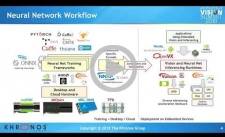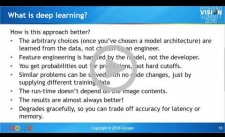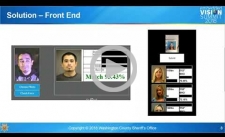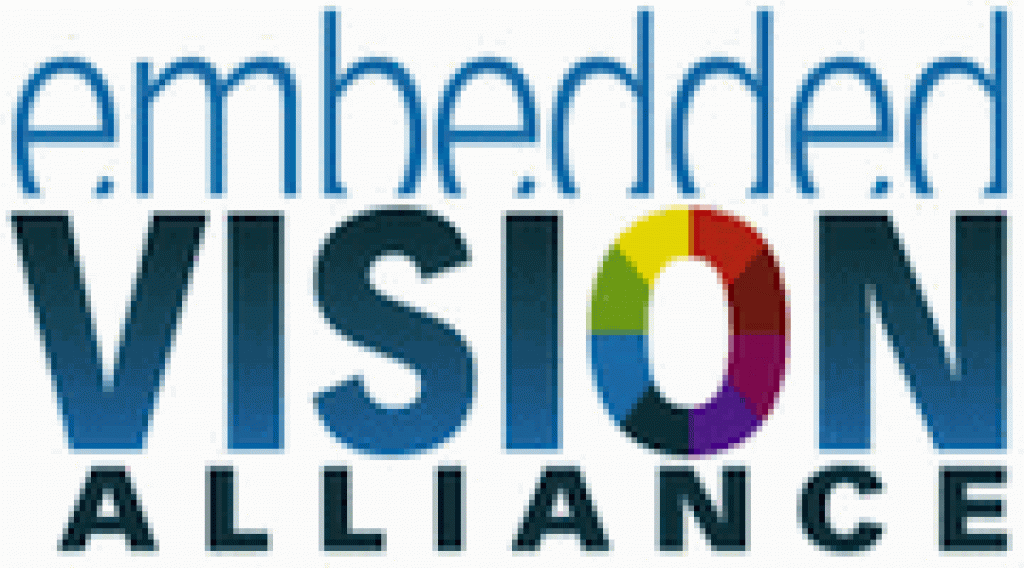|
APIs for Accelerating Vision and Inferencing: Options and Trade-offs
The landscape of SDKs, APIs and file formats for accelerating inferencing and vision applications continues to evolve rapidly. Low-level compute APIs, such as OpenCL, Vulkan and CUDA are being used to accelerate inferencing engines such as OpenVX, CoreML, NNAPI and TensorRT. Inferencing engines are being fed via neural network file formats such as NNEF and ONNX. Some of these APIs, like OpenCV, are vision-specific, while others, like OpenCL, are general-purpose. Some engines, like CoreML and TensorRT, are supplier-specific, while others, such as OpenVX, are open standards that any supplier can adopt. Which ones should you use for your project? In this presentation, Neil Trevett, President of the Khronos Group and Vice President at NVIDIA, presents the current landscape of APIs, file formats and SDKs for inferencing and vision acceleration, explaining where each one fits in the development flow. Trevett also highlights where these APIs overlap and where they complement each other, and previews some of the latest developments in these APIs.
Solving Vision Tasks Using Deep Learning: An Introduction
This talk from Pete Warden, Google research engineer and tech lead of the company's TensorFlow Mobile and Embedded team, introduces deep learning for vision tasks. It provides an overview of deep learning, explores its weaknesses and strengths, and highlights best approaches to applying deep learning to vision problems. The audience will learn to think about vision problems from a different perspective, understand what questions to ask, and discover where to find the answers to these questions. The talk concludes with insights on the challenges of deploying deep learning solutions on mobile devices.
|
|
Building A Practical Face Recognition System Using Cloud APIs
In this presentation, Chris Adzima, Senior Information Systems Analyst for the Washington County Sheriff’s Office in Oregon, walks through the design and implementation of a face recognition system utilizing cloud computing and cloud computer vision APIs. He demonstrates how the Washington County Sheriff’s Office leveraged hundreds of thousands of archived mugshots, along with off-the-shelf computer vision APIs, to quickly create a practical system that’s helping law enforcement officers identify suspects.
A New Approach to Mass Transit Security
Mark Bünger, Vice President of Research at Lux Research, presents a revolutionary computer-vision-based methodology for public transit safety.
|
